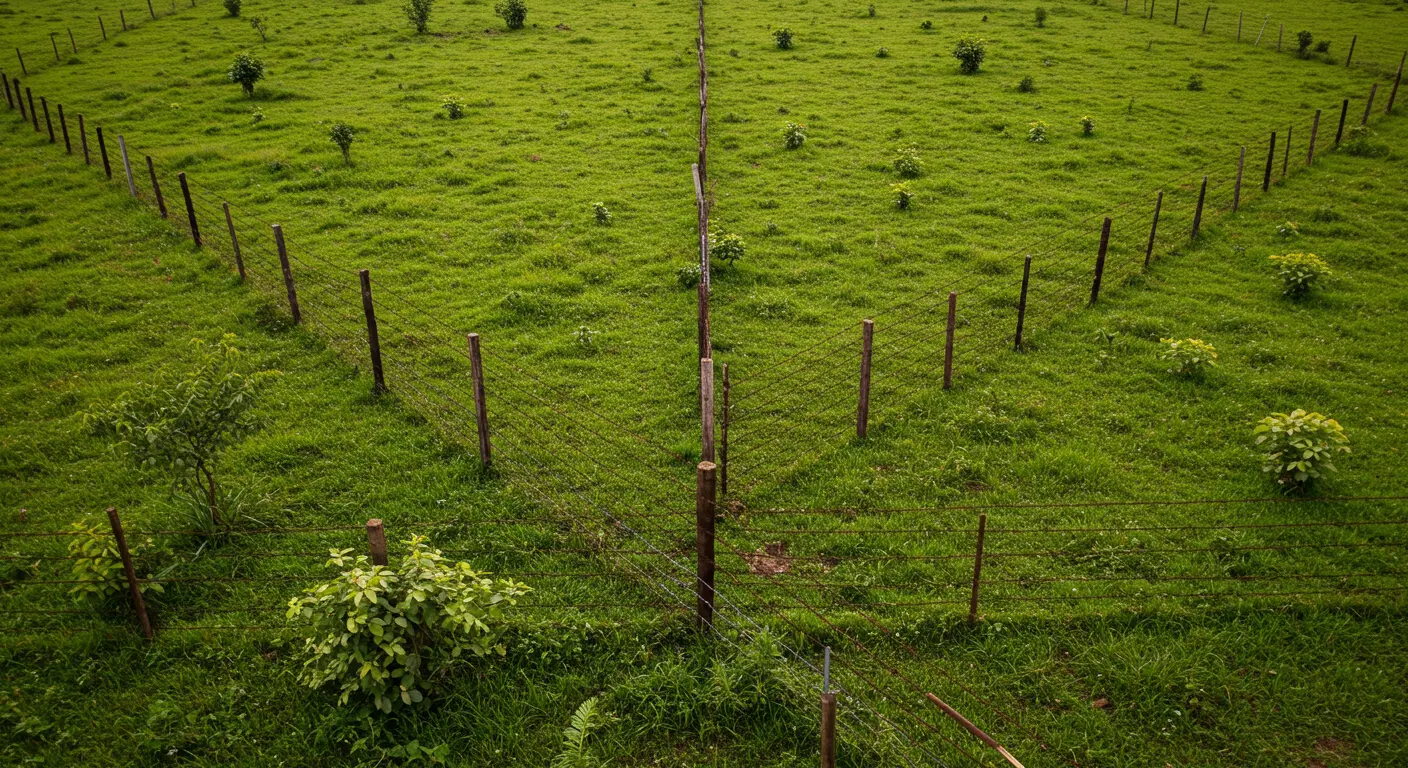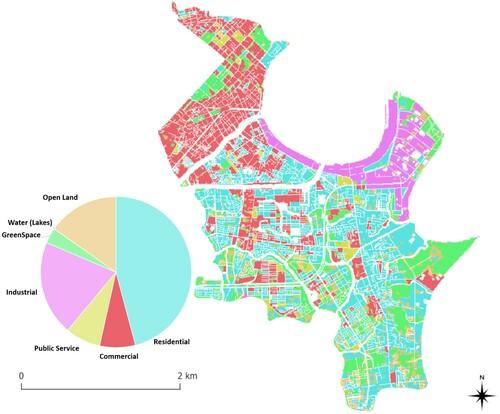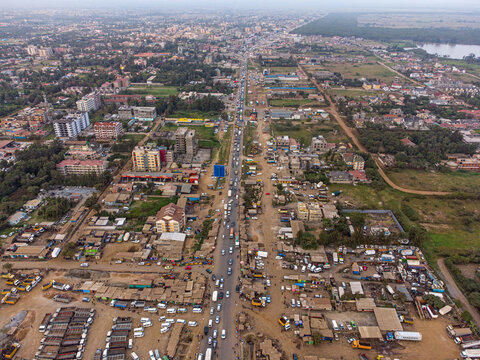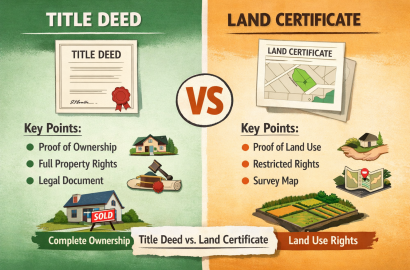🏗️ Understanding Land Zoning Laws in Kenya Before You Build
Introduction: Why Zoning Matters Before You Develop Your Land
Buying land in Kenya is an exciting step, especially when you have future plans to build a home, rental units, a school, or even a farm. However, many buyers make the mistake of assuming that once they own land, they can build anything they want. This is not true.
Before you break ground, it is essential to understand zoning laws , the legal rules that determine how a specific piece of land can and cannot be used. Ignoring zoning regulations can lead to construction bans, fines, demolitions, or legal battles.
This blog breaks down what land zoning is, the types of zoning in Kenya, how to verify a land’s zoning status, and why it should be part of your buying decision.

✅ 1. What Are Land Zoning Laws?
Land zoning refers to how the government or county authorities classify land for specific uses. These classifications help regulate development, prevent land misuse, and ensure safety, sustainability, and proper infrastructure planning.
In Kenya, zoning decisions are made by the county government’s physical planning department and enforced under the Physical and Land Use Planning Act.
Each zone has rules about:
The type of structures allowed
The number of floors
Plot coverage and setbacks
Purpose of use (residential, agricultural, industrial, etc.)
✅ 2. Common Land Zoning Categories in Kenya
Understanding these categories will help you know what kind of development is legally allowed:
🏡 Residential Zones
Meant for homes, apartments, gated communities, or residential flats
Sub-categories may exist (e.g. low-density, medium-density, high-density housing)
Restrictions may apply on the number of units or storeys
🌾 Agricultural Zones
Reserved for farming, ranching, and food production
May restrict permanent housing or commercial structures
Often found in rural and peri-urban counties
🏭 Industrial Zones
Meant for factories, manufacturing plants, and warehouses
No residential housing allowed due to noise, pollution, and safety regulations
Often located near highways or major towns

🏢 Commercial Zones
Suitable for offices, shops, supermarkets, banks, or hospitality businesses
May also include mixed-use developments (e.g. shops on the ground floor, residences above)
Higher infrastructure requirements
🏫 Institutional Zones
Designated for schools, churches, health centres, or community facilities
Requires special approvals and must meet public access and safety guidelines
✅ 3. Why You Must Verify Zoning Before You Buy
Buying land with the intention of building a rental apartment or business space, only to later learn that the area is zoned for agriculture or single-family homes, can be a costly mistake.
Problems that may arise include:
Denial of construction approvals
Government-issued demolition notices
Fines and penalties from the county
Resale difficulties due to land use limitations
📌 Example: You may find a very cheap plot near a town, only to later discover it lies in a riparian (riverline) zone or an agricultural buffer ,making it illegal to build permanent structures.

✅ 4. How to Check Zoning Status of a Plot in Kenya
Before you make payment or sign a sale agreement:
Visit the local county land or physical planning office and request zoning maps for the area
Request a zoning verification letter if needed
Consult with a qualified land surveyor, town planner, or real estate lawyer
Ask your land agent to clarify zoning in writing before purchase
Some counties also publish zoning maps on their websites or at Huduma Centres.

✅ 5. Can Zoning Be Changed?
Yes, but it is a formal process. You may apply for change of user (e.g. from agricultural to residential) through the county physical planning department.
The process includes:
A written application with supporting documents
Public notice (often posted in newspapers)
Approval from relevant departments (e.g. NEMA for environmental concerns)
📝 Note: Change of user is not guaranteed and may take several months.
✅ 6. Areas Where Zoning Laws Are Strictly Enforced
Zoning is more strictly enforced in:
Urban counties such as Nairobi, Kiambu, Mombasa, Nakuru, and Kisumu
Areas with recent or ongoing development projects
Areas near roads, rivers, forests, or public land
Government satellite towns such as Konza City, Machakos, or Thika
Do not assume that rural land is automatically unrestricted. Always confirm.

Conclusion: Zoning Affects What You Can Build ,Know Before You Buy
Land zoning laws are not just technicalities ,they directly affect the value, usability, and profitability of your plot. Whether you are buying to build, invest, farm, or develop commercially, understanding your land’s zoning classification is a critical first step.
Before you purchase land:
Know your intended use
Confirm if the zoning supports it
Ask for documents and consult experts
Avoid shortcuts, they are expensive in the long run
Make informed choices. Buy land you can actually use the way you intend to.
📍 Looking for Plots in Properly Zoned Areas?
At Great Fortunes Properties, we help you:
Buy plots with verified zoning and clean title deeds
Understand what you can legally build
Access free site visits and professional guidance
📞 Call us today: 0707 333 888
🌐 Visit: https://greatfortunesproperties.com
Related posts:
Learn the difference between a title deed and a land certificate, why it matters when buying land, and how to protect your property investment with Great Fortunes Properties.
Saving consistently and investing in land is a powerful way to build long-term financial security. Land offers stability, steady value growth, and a reliable store of wealth. By combining disciplined saving with smart land investment, you reduce financial risk, avoid...

